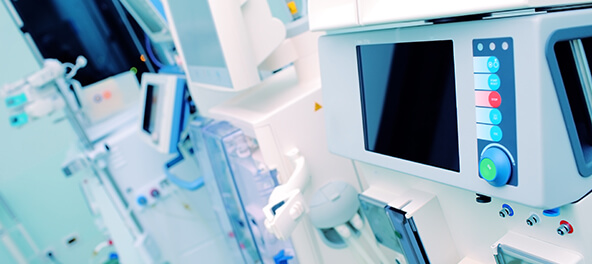Recently the Food and Drug Administration has been planning to make changes to its medical device clearance process. These changes they are planning on implementing would mean they would rely far less on older predicate devices so that they could offer a modernized pathway for high-tech medical innovations.
The changes made represent a significant shift in how the FDA will approve devices for marketing in the U.S. The original process for approving devices was first introduced more than 40 years ago, so this is a major step for the FDA. A specific change the agency plans on making is the 510(k) pathway required for new medical devices to account for advances in medical technology. In 2017, 82% of all medical devices were cleared through the 510(k) pathway.
The FDA has stated that they firmly believe in the merits of the 510(k) process, but that they also believe the framework needs to be modernized because there have been so many advances in technology. The 510(k) process was first adopted in 1976, so it does appear to be time to modernize this process. A significant change would be shifting the companies reliance away from comparisons to older predicate devices. Manufacturers usually use comparative testing against those predicate devices to show that a newer device is safe and effective. According to FDA Commissioner Scott Gottlieb, M.D., and director of the Center for Devices and Radiological Health Jeff Shuren, M.D., one in five 501(k) approvals were cleared based on comparisons to a device that was more than a decade old.
Taking all of this into consideration, the company does not believe that devices that rely on old predicates are unsafe, just that new devices could facilitate competition among manufacturers. It also would incentivize device makers to use more modern predicates and ensure new devices align with modern technology. The FDA plans to move forward with the proposals outlined in its Medical Device Action Plan, which was issued earlier this year. In addition to this, in early 2019 they plan to finalize guidance establishing an alternative 510(k) pathway called “The Safety and Performance-Based Pathway.” This plan will require that manufacturers meet performance-based criteria that reflect current technological principles. The changes made are expected to increase the number of De Novo device approval applications used for new unclassified devices. A proposal will be issued in the next few weeks to clarify procedures and requirements for De Novo applications.
![]()
